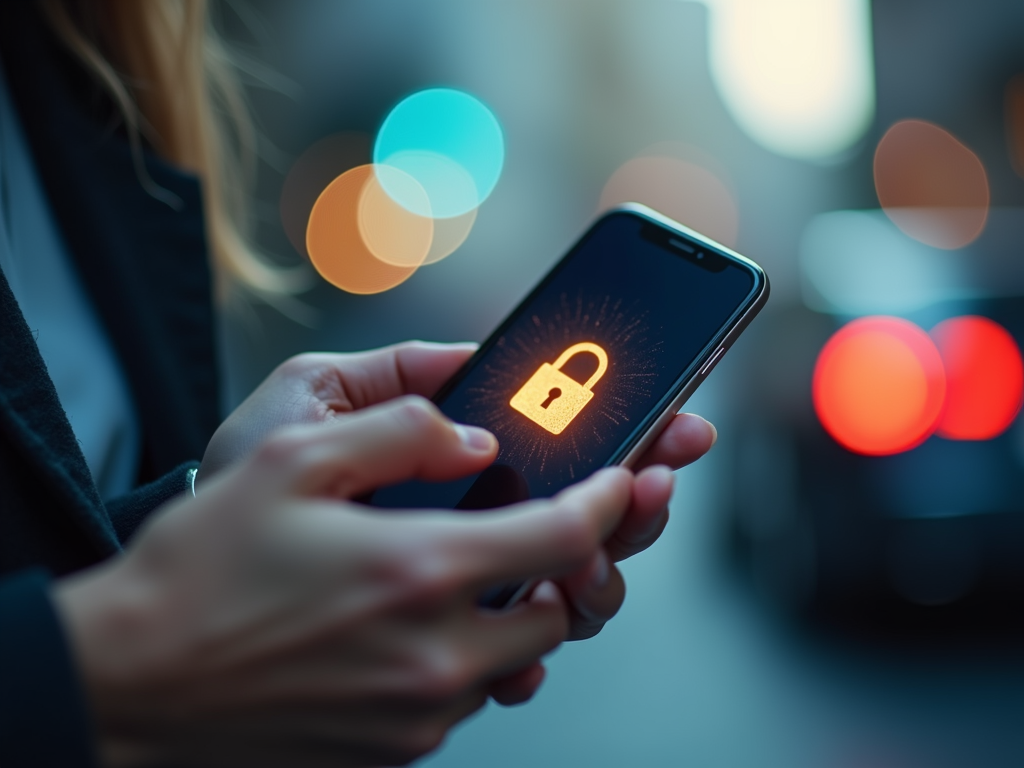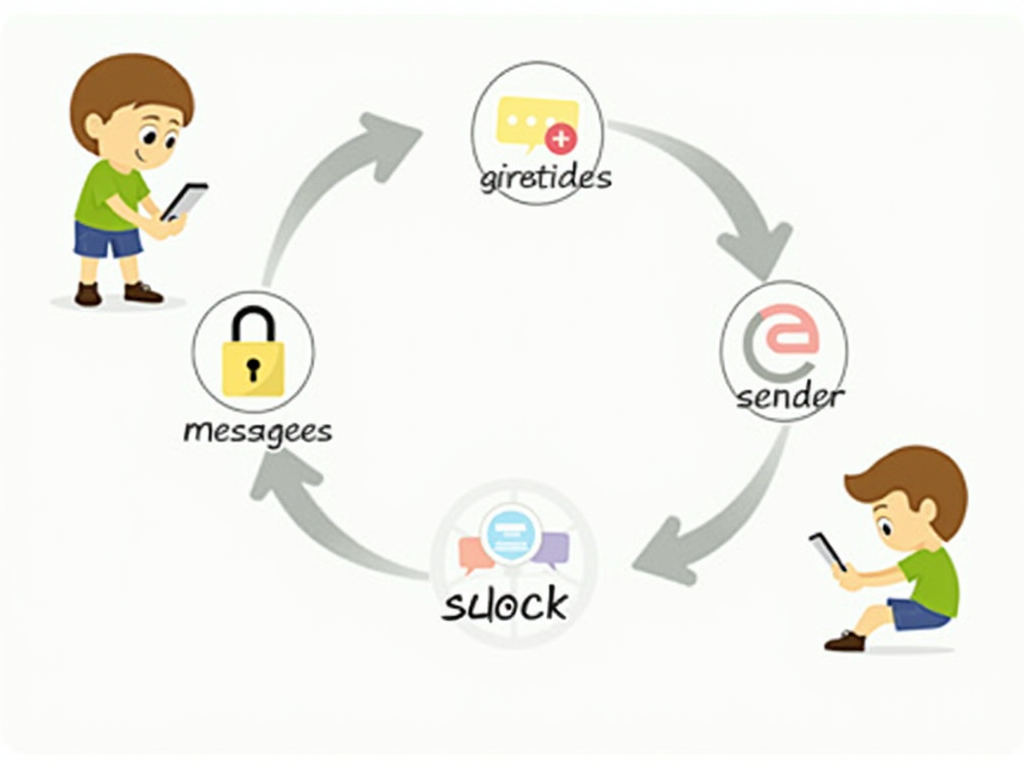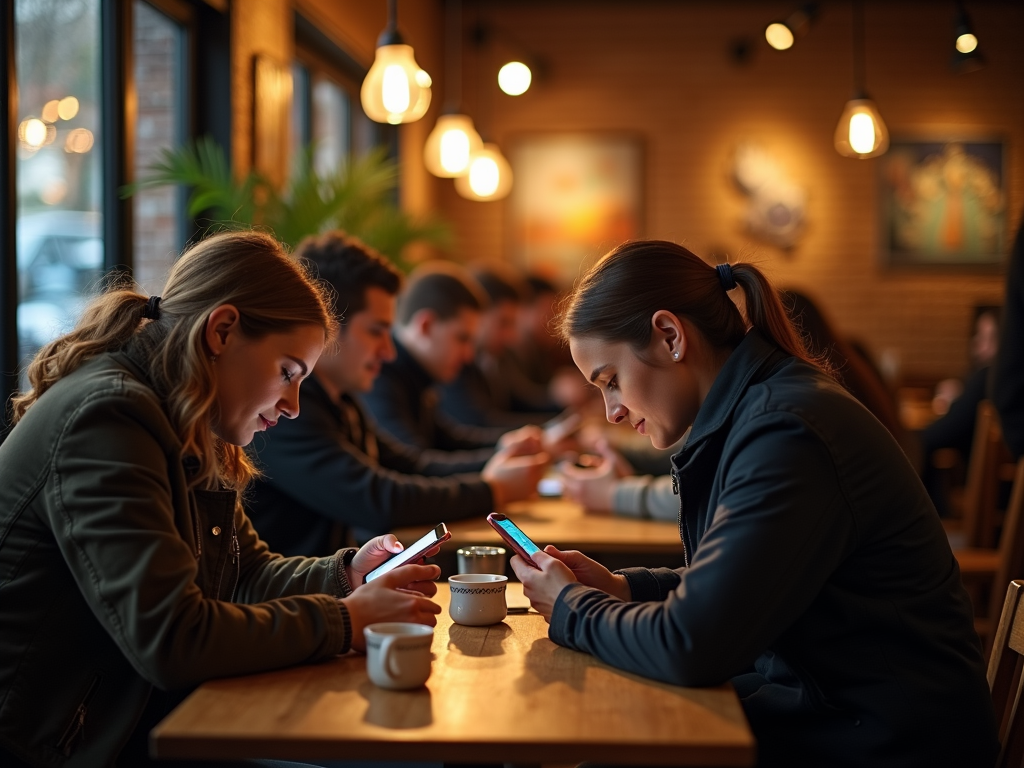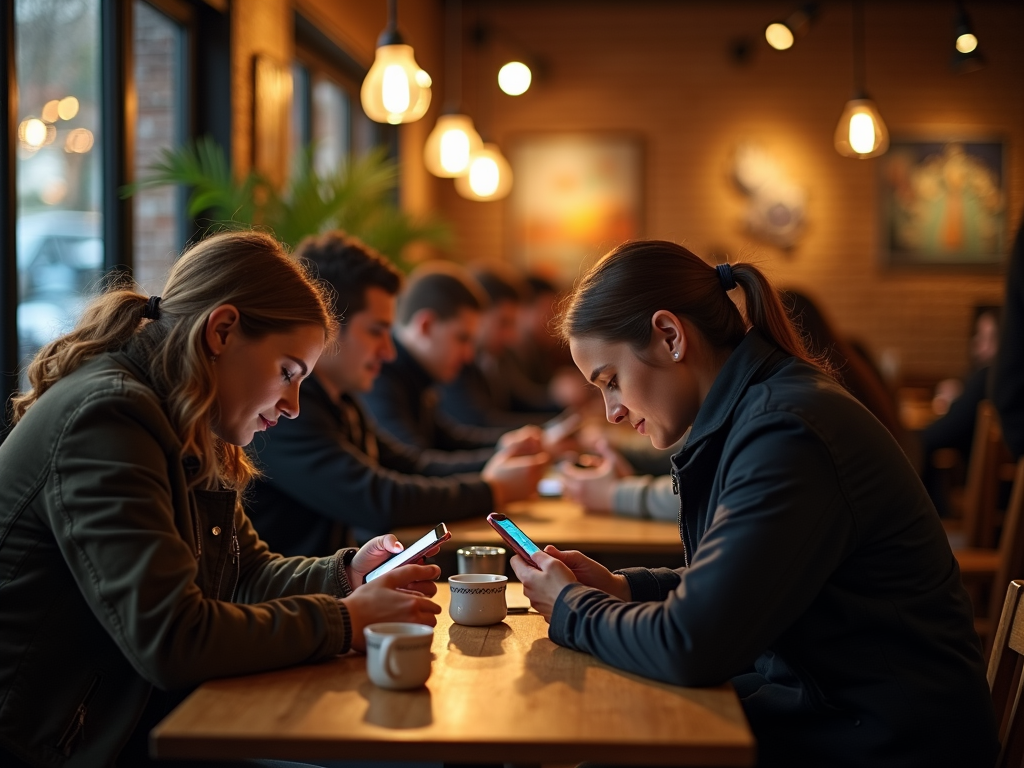The Importance of Encrypted Messaging: Protecting Your Privacy in the Digital Age
Encrypted messaging keeps your conversations safe and private in a world where digital threats are everywhere. It scrambles your messages into a code that only the intended recipient can unlock. The Importance of Encrypted Messaging lies in its ability to shield your personal information from hackers, corporations, and even governments. This article explores why it matters, how it works, and how you can use it to protect yourself.
We live in a time where sharing personal details online is normal. Whether it’s a quick text about your day or sensitive info like your address, these messages hold value. Encrypted messaging ensures no one can peek at your conversations. According to a report from the Electronic Frontier Foundation, strong encryption is a key defense against data breaches that affect millions each year.

So, how does encrypted messaging work? Think of it as a locked box. When you send a message, it gets scrambled into a secret code. Only the person with the right key—your recipient—can open it. Most apps do this instantly, so you don’t even notice. The best kind, called end-to-end encryption, keeps your message private from everyone else, including the app makers.

This privacy isn’t just a luxury—it’s a need. Imagine sending a message about a medical issue or a family secret. Without encryption, anyone could intercept it. A study by Harvard’s Berkman Klein Center shows encryption protects free speech and safety, especially for people in oppressive regions. It’s a tool for everyone who values online privacy.
How to choose the right online privacy tools for your needs can feel tricky with so many options out there. Start with security: does the app use end-to-end encryption? Next, check if it’s easy to use and works on your phone or computer. Finally, look at the company behind it—do they have a good reputation? Apps like Signal, WhatsApp, and Telegram are popular, but they’re not all the same.

Here’s a quick breakdown:
- Signal: Top security with end-to-end encryption, open-source, and no data collection. It’s great for privacy lovers.
- WhatsApp: Easy to use and widely available, with encryption, but owned by Meta, which raises some trust questions.
- Telegram: Fast and flexible, but encryption isn’t automatic—you have to turn it on.
Pick what fits your life best.
Real people rely on encrypted messaging every day. Journalists use it to shield their sources—think of whistleblowers sharing big stories safely. Activists in tough places organize without being watched. Even regular folks, like me, use it to keep chats with friends personal. During protests, it’s been a lifeline, letting people plan without fear.

But it’s not all perfect. Encrypted messaging has downsides. Bad actors, like criminals, can use it to hide, sparking debates about safety versus privacy. Plus, not every app is flawless—some have weak spots hackers could exploit. And while your message stays secret, details like who you’re texting might still leak out.

Looking ahead, encrypted messaging will keep growing. New tech might make it stronger and simpler to use alongside other online privacy tools. But there’s a catch: some governments want to weaken it with rules that could unlock your messages. The University of Oxford warns this could undo years of privacy gains. We need to stay vocal about keeping it secure.

In the end, the Importance of Encrypted Messaging can’t be overstated. It’s a shield for your digital life, keeping what’s yours, yours. By picking the right tools and staying aware, you take control of your online privacy. It’s not just tech—it’s peace of mind. Your messages matter, so protect them.